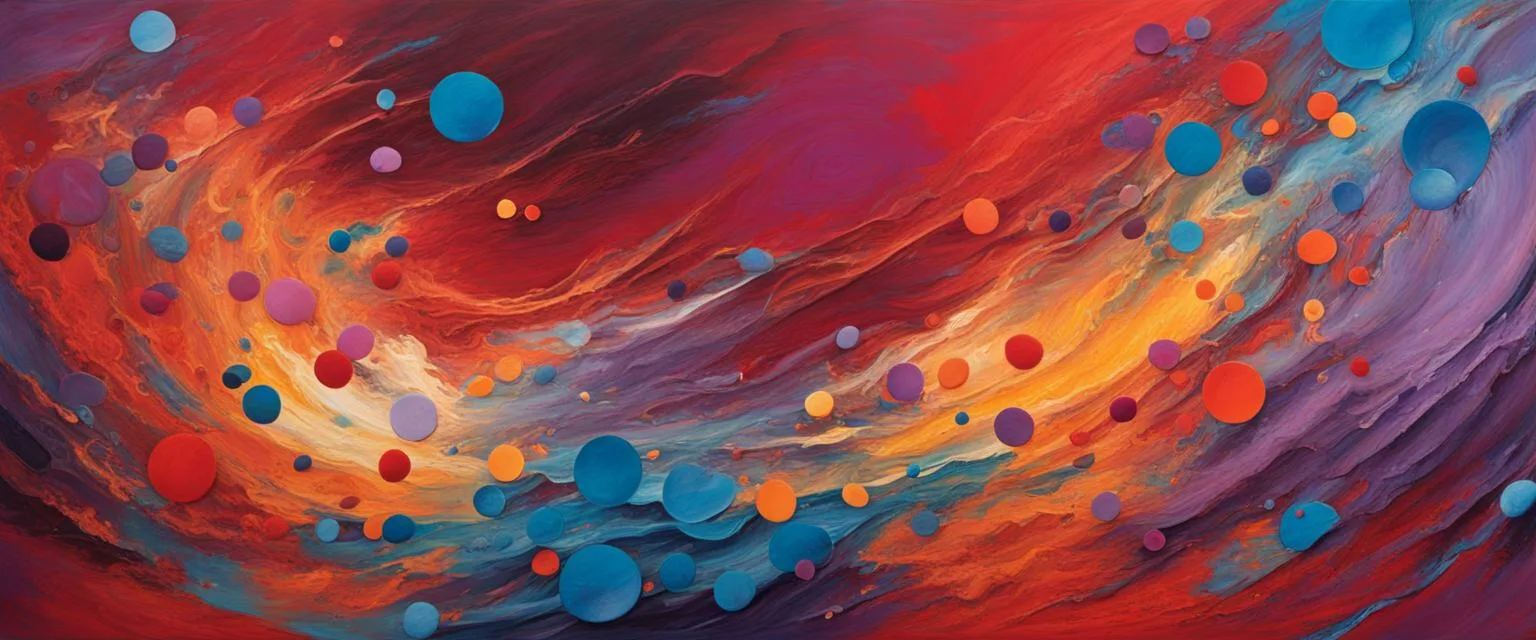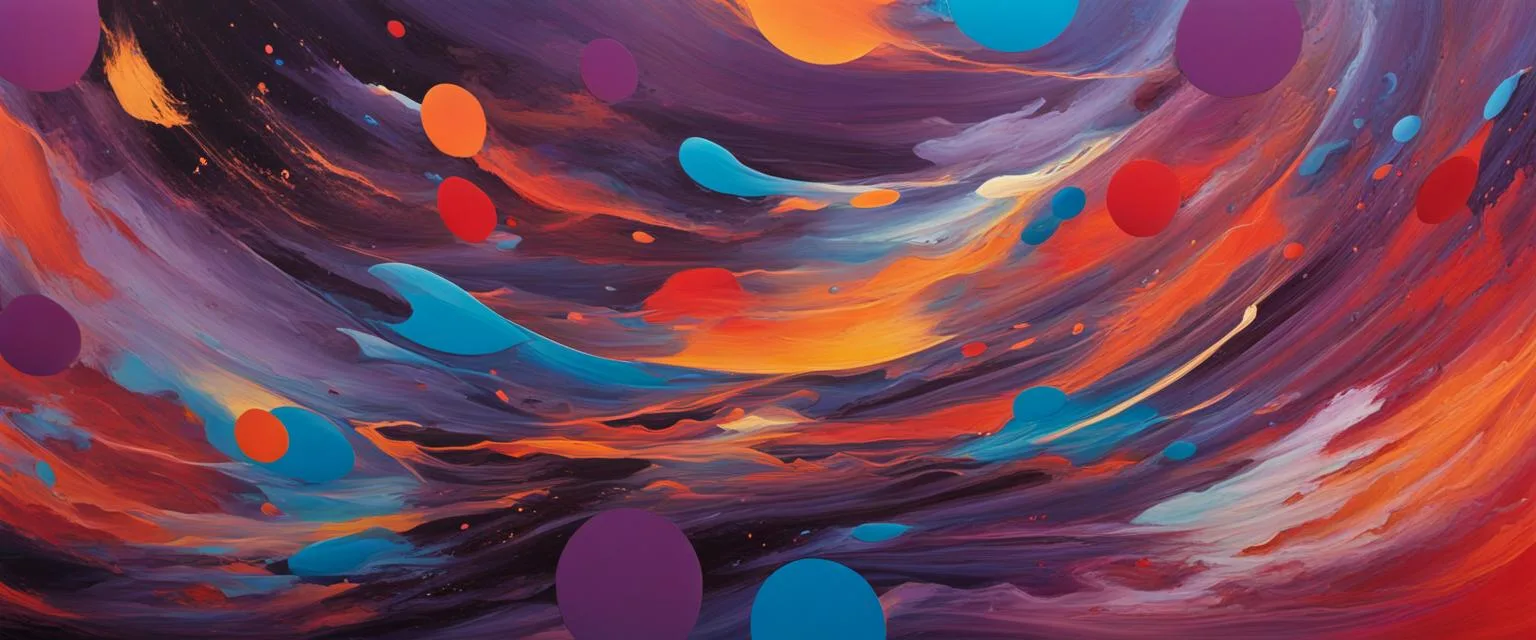The Evolution of Pop Breakup Songs

The Evolution of Pop Breakup Songs
The approach to breakups in pop music has dramatically evolved from the early 2000s to the present day. This article traces these changes, highlighting the shifting themes, styles, and cultural impacts of these songs.
Key Points
| Aspect | Early 2000s | Present Day |
|---|---|---|
| Themes | Grief, anger, empowerment | Self-discovery, fluidity in expression |
| Styles | Pop, rock, R&B | Diverse, blending multiple genres |
| Cultural Impact | Shaped millennials’ view of relationships | Reflects broader social changes, freedom in music consumption |

The Early 2000s Breakup Songs: A Mix of Grief, Anger, and Empowerment
The Emotional Journey in Breakup Songs
The early 2000s pop breakup songs were characterized by a journey from grief and anger to empowerment and self-discovery. Songs like Pink’s “So What” and Avril Lavigne’s “My Happy Ending” encapsulated the raw emotions of heartbreak. As the decade progressed, tracks like Destiny’s Child’s “Survivor” and Gwen Stefani’s “Cool” shifted the narrative to one of empowerment and independence.
Millennial Resonance
These songs resonated deeply with millennials, mirroring their experiences and transitions. Artists like Justin Timberlake and Alicia Keys provided a vocabulary for this generation to express their complex emotions during critical formative years.
Breakup Songs in Media
Movies and TV shows of the era integrated these songs, amplifying their cultural significance. For instance, Kelly Clarkson’s “Since U Been Gone” in “Pitch Perfect” highlighted the enduring popularity of these tracks.
Lessons from Lyrics
Beyond their emotional appeal, these songs offered life lessons about self-love, resilience, and the universality of heartache. They taught listeners about the strength in letting go and moving forward.

The Present Day Breakup Songs: Diversity and Fluidity
Changes in Themes and Styles
Today, pop breakup songs have evolved to embrace a wider range of themes and styles. They are less about specific stages of grief and more about the fluidity of emotions and experiences. This reflects broader social changes and the freedom provided by streaming services.
Demographic and Cultural Shifts
The stereotypes and demographics associated with music listeners have changed significantly. Music today transcends gender and age-specific boundaries, with themes becoming more universal and inclusive.
The Influence of Feature Culture
Feature culture in pop music has introduced diversity in collaboration, bringing together artists from various genres. This trend has broadened the thematic and stylistic range of pop songs, including breakup anthems.
Evolution in Music Consumption
The rise of digital platforms and streaming services has democratized music consumption, allowing listeners of all ages to access a wide array of songs, including those with mature themes. This has led to a more varied and eclectic mix of pop breakup songs.
Conclusion
The evolution of pop breakup songs from the early 2000s to the present day is a fascinating reflection of broader societal and cultural shifts. Initially, these songs served as emotional outlets, offering solace and solidarity in the throes of heartache. They resonated deeply with millennials, becoming anthems that encapsulated the emotional landscapes of a generation navigating the complexities of love and loss. As we progressed into the current era, these songs have diversified, mirroring the societal move towards inclusivity and the blurring of traditional genre boundaries. The rise of digital platforms and streaming services has further democratized music consumption, allowing for a more eclectic and varied mix of pop breakup songs. This evolution signifies not just changes in musical style and production but also a deeper transformation in how we understand, experience, and express our emotions through music. Pop breakup songs, therefore, are more than just melodies; they are cultural artifacts that chronicle the changing dynamics of human relationships, societal norms, and emotional expression. As pop music continues to evolve, it will undoubtedly keep serving as a dynamic and insightful lens through which we can view and understand the ever-evolving landscape of human emotions and societal trends.